Most of us already know that our gut contains health-promoting, friendly bacteria, but few are aware that these little microbes live on our skin as well. In fact, our bodies are home to trillions of bacteria in the ratio of one cell to one microbe – that means that a whooping 50% of the human body is composed of the latter.
Our skin’s surface is an ecosystem made up of a wide range of microorganisms – bacteria, fungi, virus, and mites – that, working together, act as the body’s first line defense against infection, inflammation, and illness. These microbes are harmless and for the most part, are beneficial to us as long as their diversity is not interrupted. Just like friendly bacteria in your gut contributes to your overall wellness, a well-balanced skin microbiome will promote healthy skin; hence, it is crucial to take good care of your skin microbiome.

No two individuals have the same microbiome; instead, it varies from person to person depending on one’s lifestyle, diet, ethnicity, and where they live. Even though the skin’s microbiome compositions depend on body sites, it has been proven that these microorganisms work together and interact with the human immune system in order to protect the skin from external harm. Studies have even found that the microbes feed on human dead skin and turn sebum to natural moisturiser, which ultimately protects the skin.
When your skin microbiome balance is interrupted, your skin’s protective barrier is compromised and becomes less effective at fending off external aggressors. Studies have confirmed that this may result in a host of skin-related issues such as irritated and sensitive skin, dryness, eczema, acne, and atopic dermatitis.
In order to protect the skin microbiome, it is important to understand what exactly affects the skin’s natural ecosystem. A number of intrinsic factors which affect the skin microbiome, such as gender and age, are not within our control. However, we do have control over other aspects such as diet, hygiene, and the skincare products and regimes we choose. Making healthier food choices by eating less processed food and more vegetables, legumes, and fruits will positively impact the skin’s ecosystem. Skincare choices play an important factor in maintaining a healthy skin microbiome diversity, so be sure to purchase your skincare products carefully. Over-cleansing, which strips the skin of its natural oils and results in a weakened skin barrier, is discouraged if you are working towards creating a healthy skin microbiome. Cleansers which contain sulphates should also be avoided.

We’ve all been taught in school or from textbooks that the heart or the brain or perhaps the liver are the most vital organs, but in reality, the seemingly insignificant microorganisms on our skin are just as important. The next time you purchase personal care products or make a new lifestyle choice, remember that maintaining a healthy skin microbiome is essential to ensuring the health of the whole body!

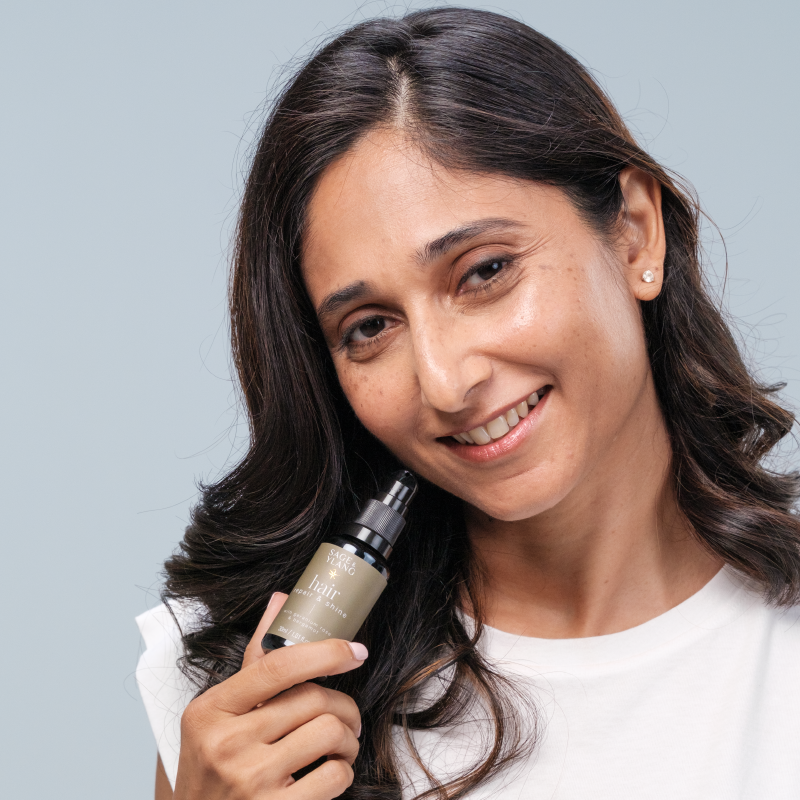
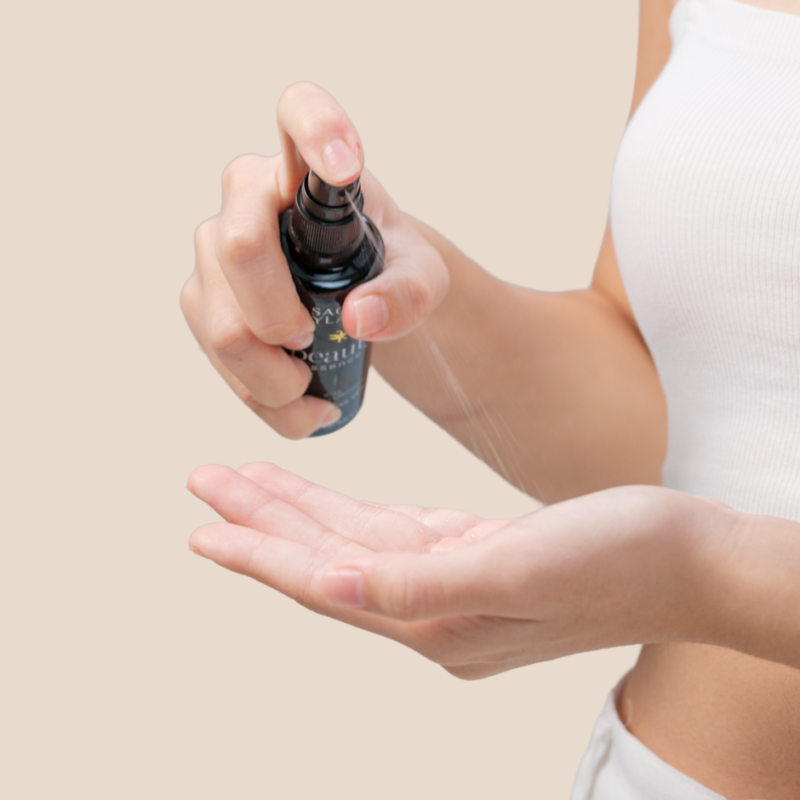


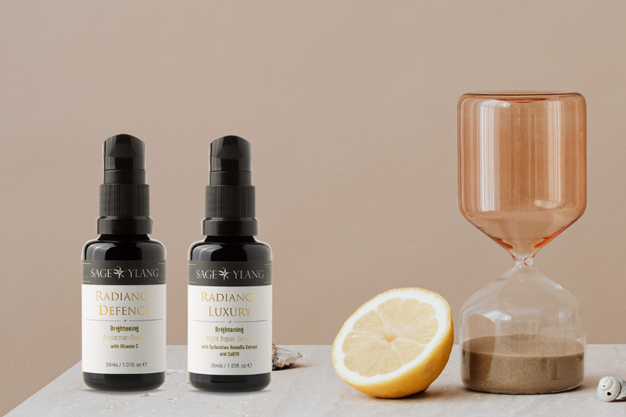





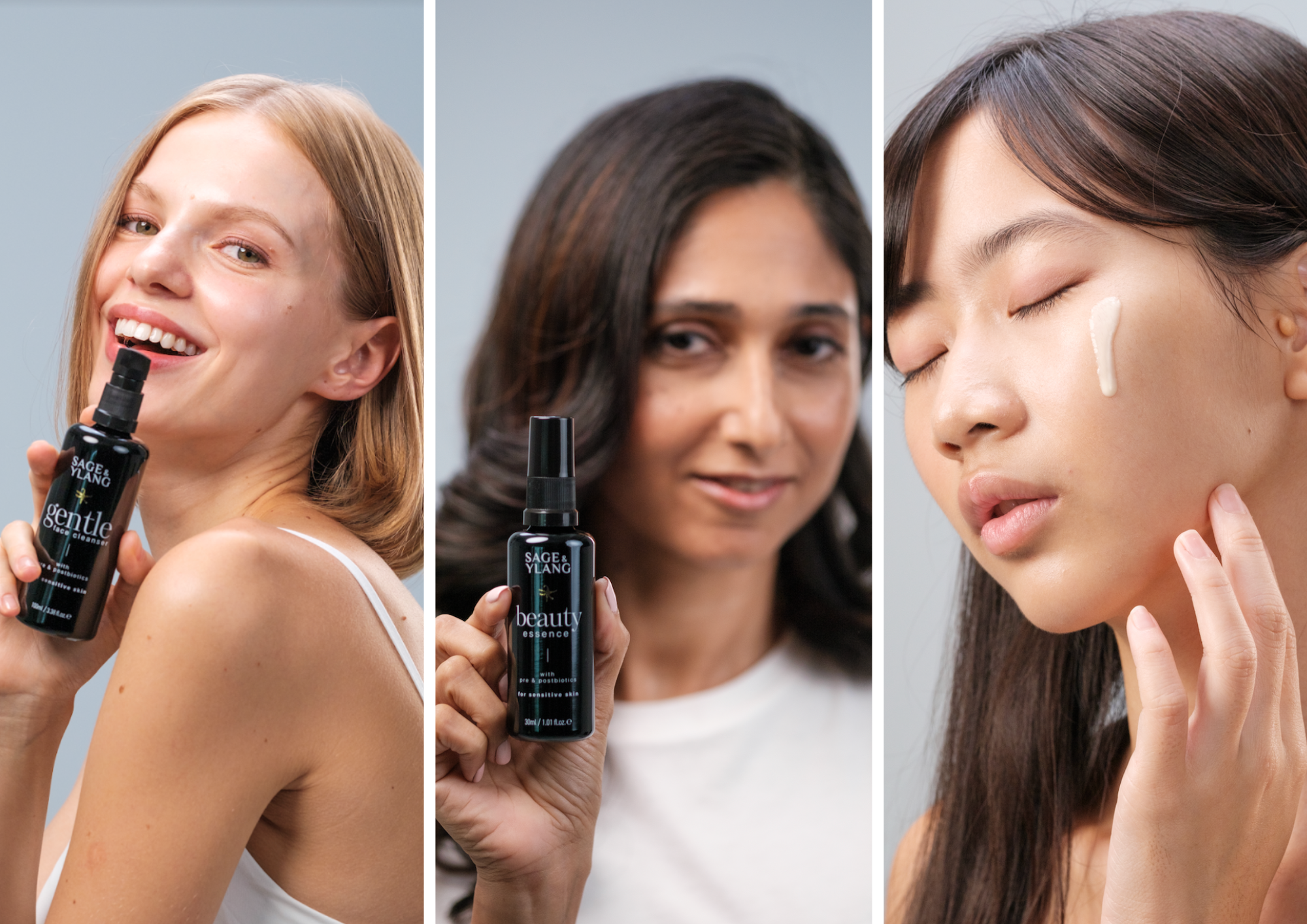
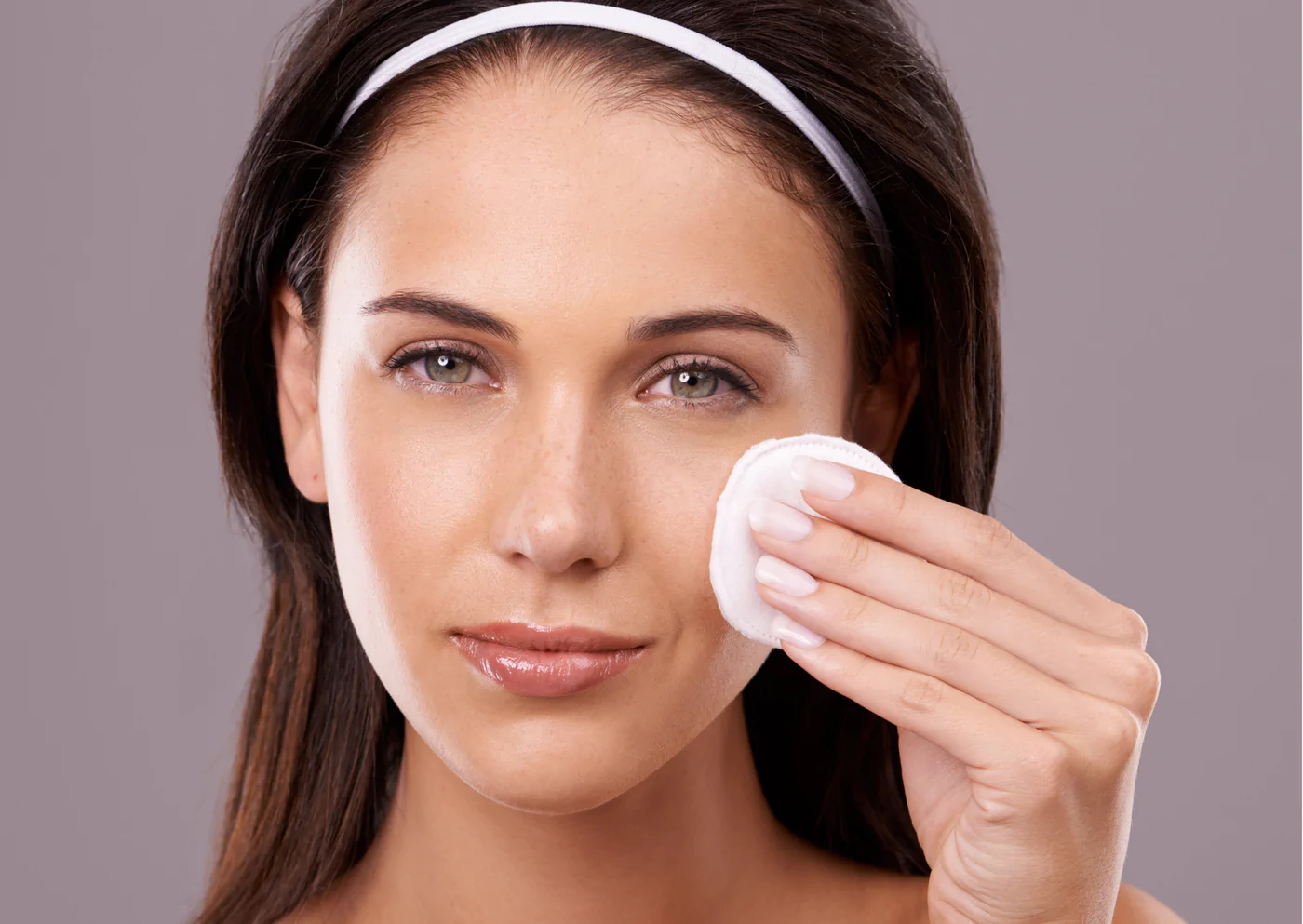
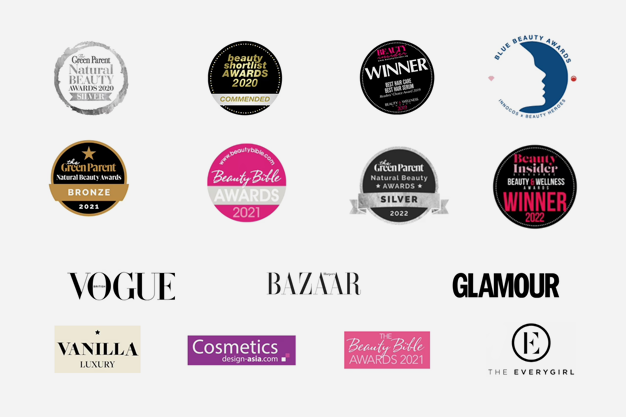
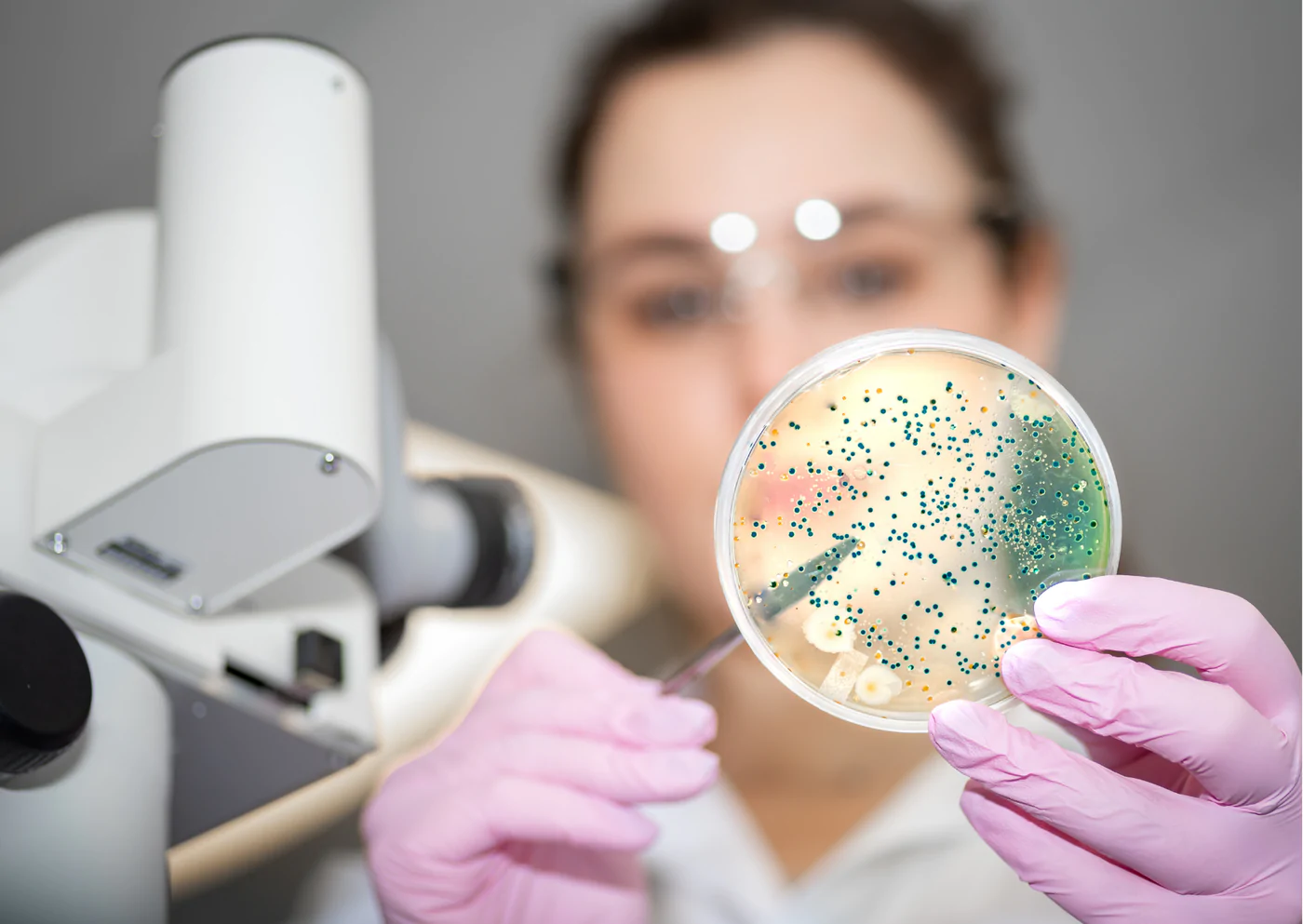

A big thank you for your article. Cool.
tetracycline capsule
brand name albuterol tab
robaxin 750 canada
buspar 7.5
levitra 20mg price in india